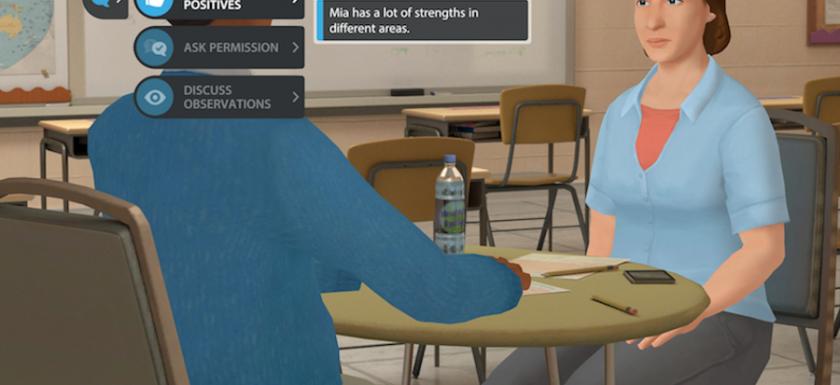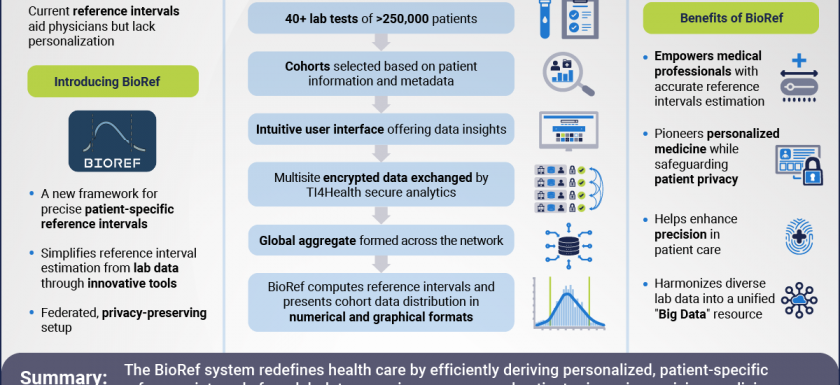Empowering Older Adults: Wearable Tech Made Easier With Personalized Support
Source: Freepik Copyright: freepik Licence: Licensed by JMIR Publications New research shows how personalized support programs increase the use of wearable technology among older adults. (Toronto, June 20, 2024) A new review in the Journal of Medical Internet Research, published by JMIR Publications, found that community-dwelling older adults are more likely to continue using wearable monitoring devices (WMDs), like trackers, pedometers, and smartwatches, if they receive support from health care professionals or peers. The research team from The Hong Kong Polytechnic University, led by Dr. Arkers Kwan Ching Wong, reviewed data from 3 randomized controlled trials involving over 150 older adults. The evaluation showed thatRead More →







